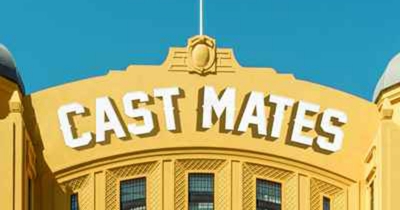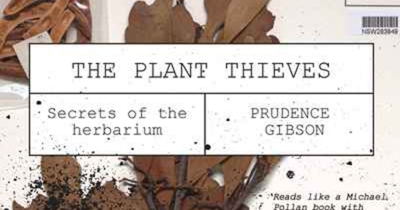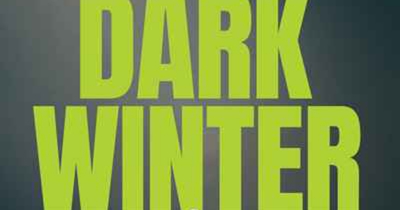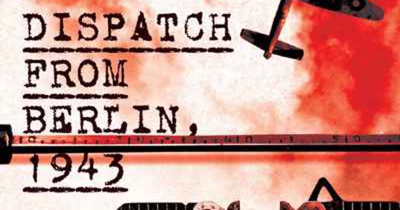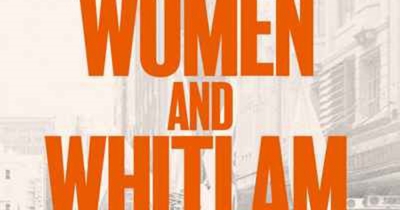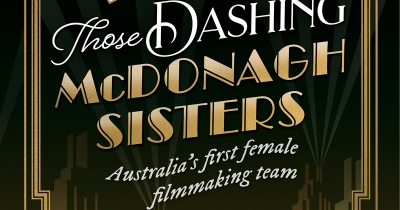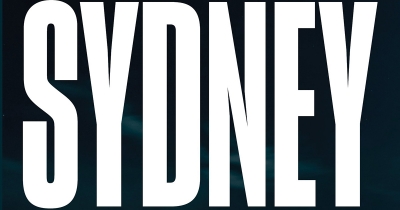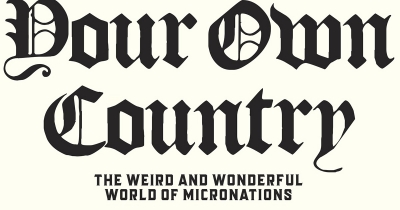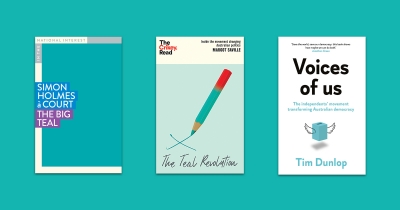NewSouth
Cast Mates: Australian actors in Hollywood and at home by Sam Twyford-Moore
by Jordan Prosser •
The Plant Thieves: Secrets of the herbarium by Prudence Gibson
by Danielle Clode •
Dark Winter: An insider’s guide to pandemics and biosecurity by Raina MacIntyre
by Ben Brooker •
Dispatch from Berlin, 1943: The story of five journalists who risked everything by Anthony Cooper, with Thorsten Perl
by Joan Beaumont •
Women and Whitlam: Revisiting the revolution edited by Michelle Arrow
by Marilyn Lake •
Those Dashing McDonagh Sisters: Australia’s first female filmmaking team by Mandy Sayer
by Desley Deacon •
Wizards of Oz: How Oliphant and Florey helped win the war and shape the modern world by Brett Mason
by Julia Horne •
How to Rule Your Own Country: The weird and wonderful world of micronations by Harry Hobbs and George Williams
by Frank Bongiorno •
The Teal Revolution by Margot Saville & The Big Teal by Simon Holmes à Court
by Dennis Altman •

